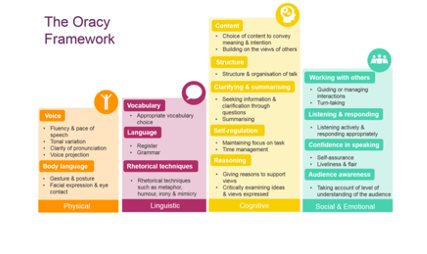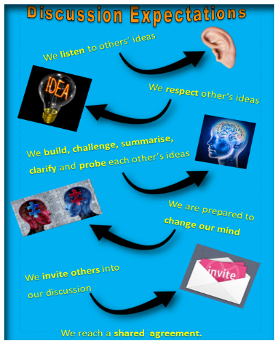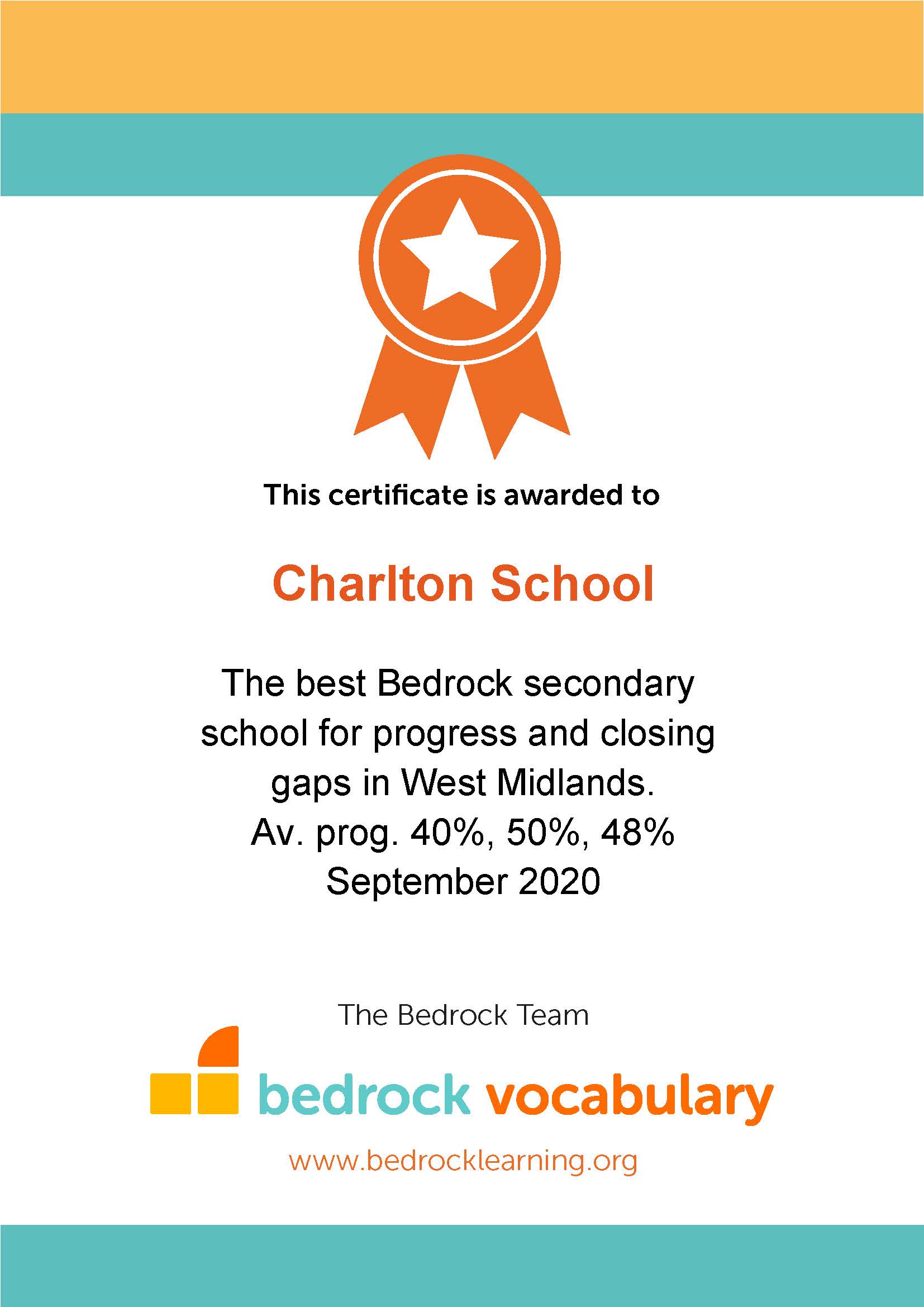Oracy
Communication lies at the heart of our community and as such, it is at the heart of our school. During the school day, the four strands of oracy are embedded into our everyday teaching and learning and educators challenge students linguistically, emotionally, physically and cognitively. By learning through speech, our students gain the ability to become disciplinary experts who express their ideas with clarity and sophistication. In Geography our students speak like geologists, in Science they adopt the vocabulary of chemists, in History they employ the language of historians, and in English Literature they express themselves in the language of the arts. Voices are valued at Charlton and each student who walks through our doors is given the opportunity to discover, develop and demonstrate them.
How do we develop ‘Outstanding Oracy’ skill in our students?
During their time at Charlton, each student will develop their ability to communicate effectively in both an academic and pastoral capacity.
All students are expected to participate in whole class, group and paired discussion to generate ideas and refine their thinking. Questioning is targeted and incrementally challenging, to enable all to develop their oracy skills while thinking hard.






